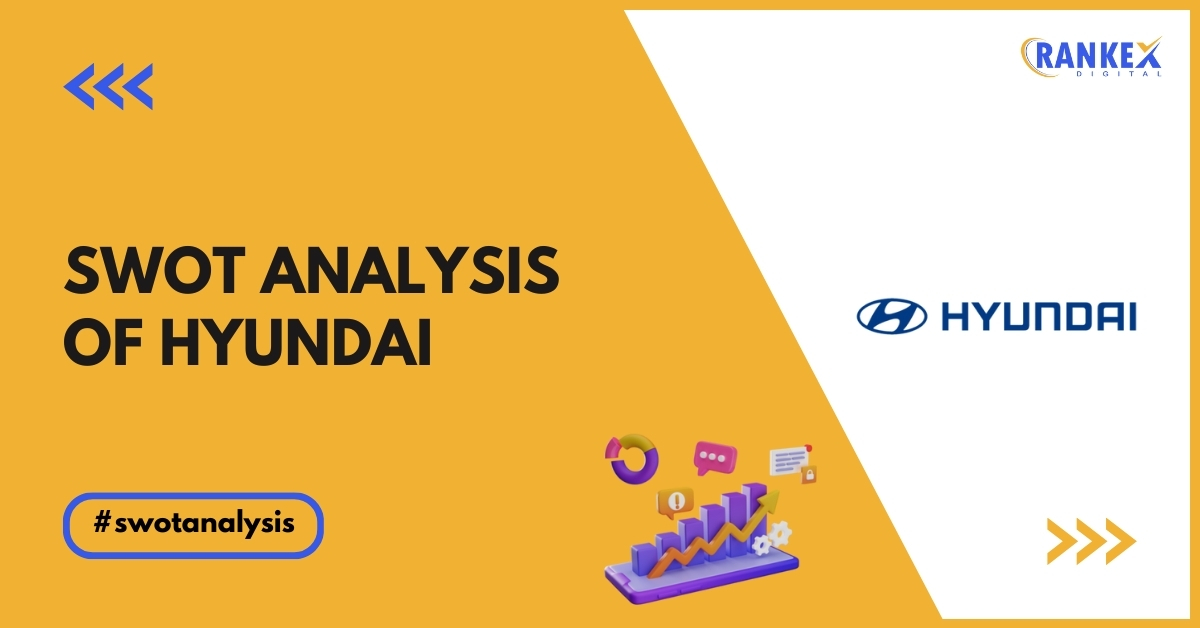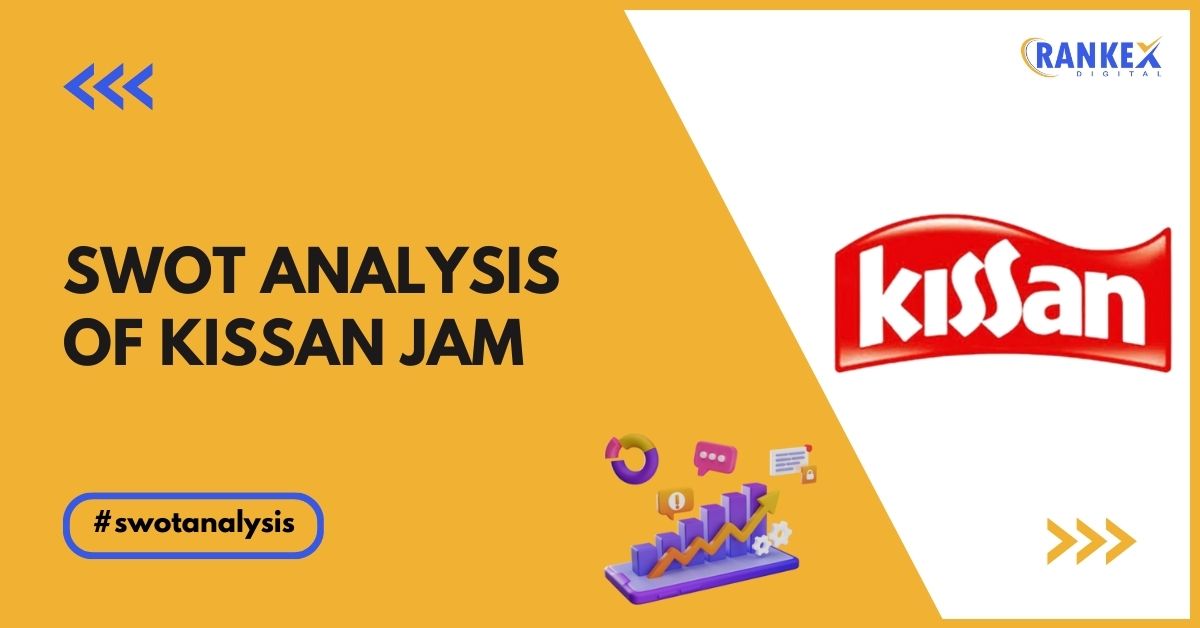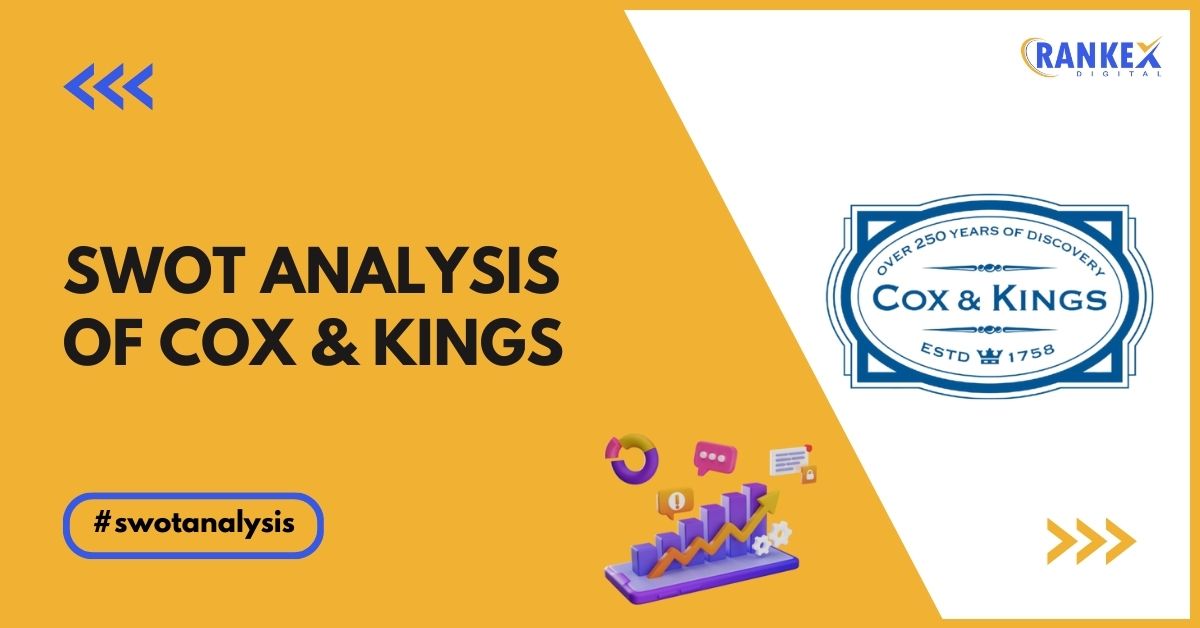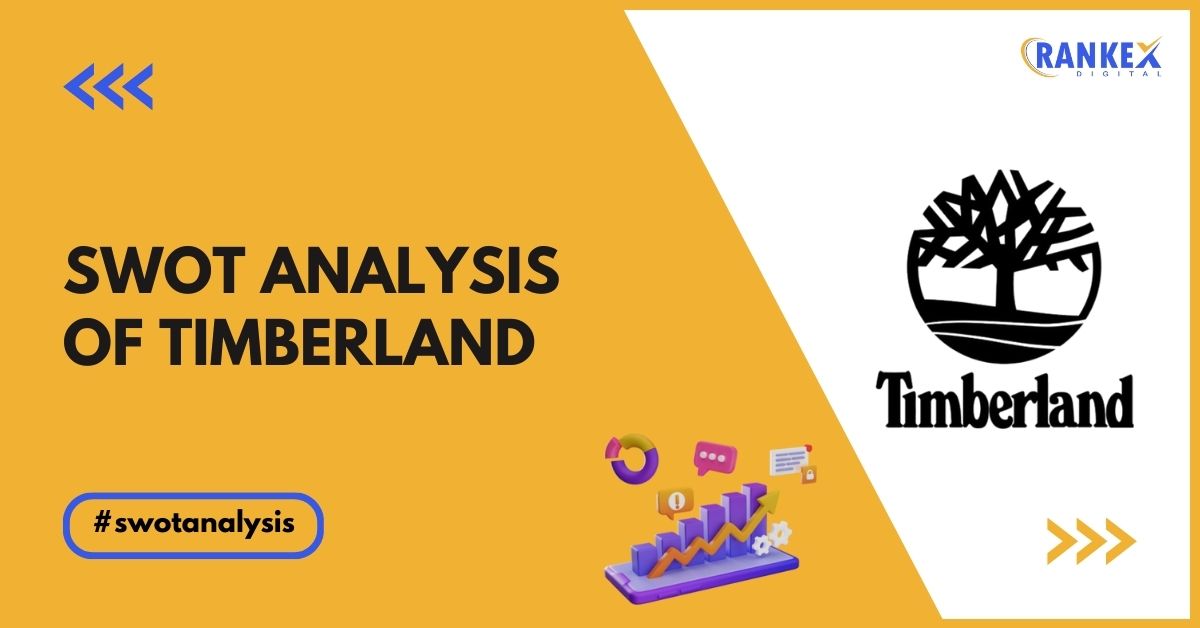Hyundai Motor Company, a South Korean multinational automotive manufacturer, is known for its strong presence in the global automobile market.
Hyundai has consistently ranked as one of the top car manufacturers in the world, offering a diverse range of vehicles from affordable sedans to electric cars.
As the automotive industry transitions toward sustainability and technological innovation, Hyundai continues to adapt.
This SWOT analysis of Hyundai provides insights into the company’s strengths, weaknesses, opportunities, and threats in the rapidly evolving automotive landscape.
Table of Contents
Overview of Hyundai
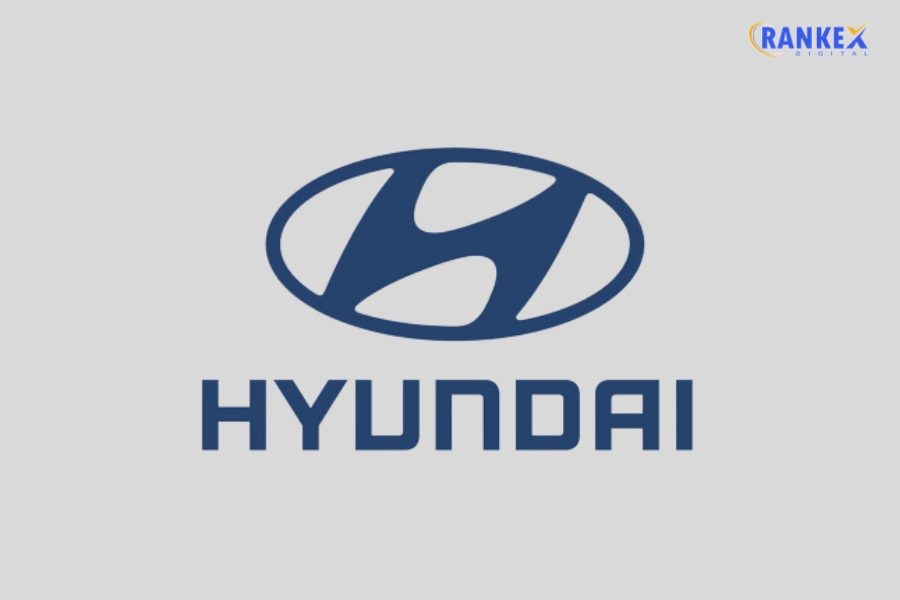
| Founder | Chung Ju-yung |
|---|---|
| Year Founded | 1967 |
| Origin | Seoul, South Korea |
| Industry | Automotive |
| Annual Revenue | $121.4 billion (FY 2023) |
| No. of Locations | 5,000+ Dealerships (Globally) |
| Key Markets | Worldwide |
Current News on the Market on Hyundai
- Focus on Electric Vehicles (EVs): Hyundai has ramped up its electric vehicle offerings, aiming to be a leader in the EV segment. The launch of the Hyundai Ioniq 6 has received widespread attention, bolstering the company’s position in sustainable transportation.
- Global Expansion: Hyundai is focusing on expanding its footprint in emerging markets like India and Brazil, while simultaneously strengthening its position in developed markets like the U.S., Europe, and South Korea.
- Partnership with Tech Companies: Hyundai has partnered with tech companies like Apple to explore the development of autonomous vehicles and smart mobility solutions. This reflects its shift toward technology-driven innovation.
SWOT Analysis of Hyundai
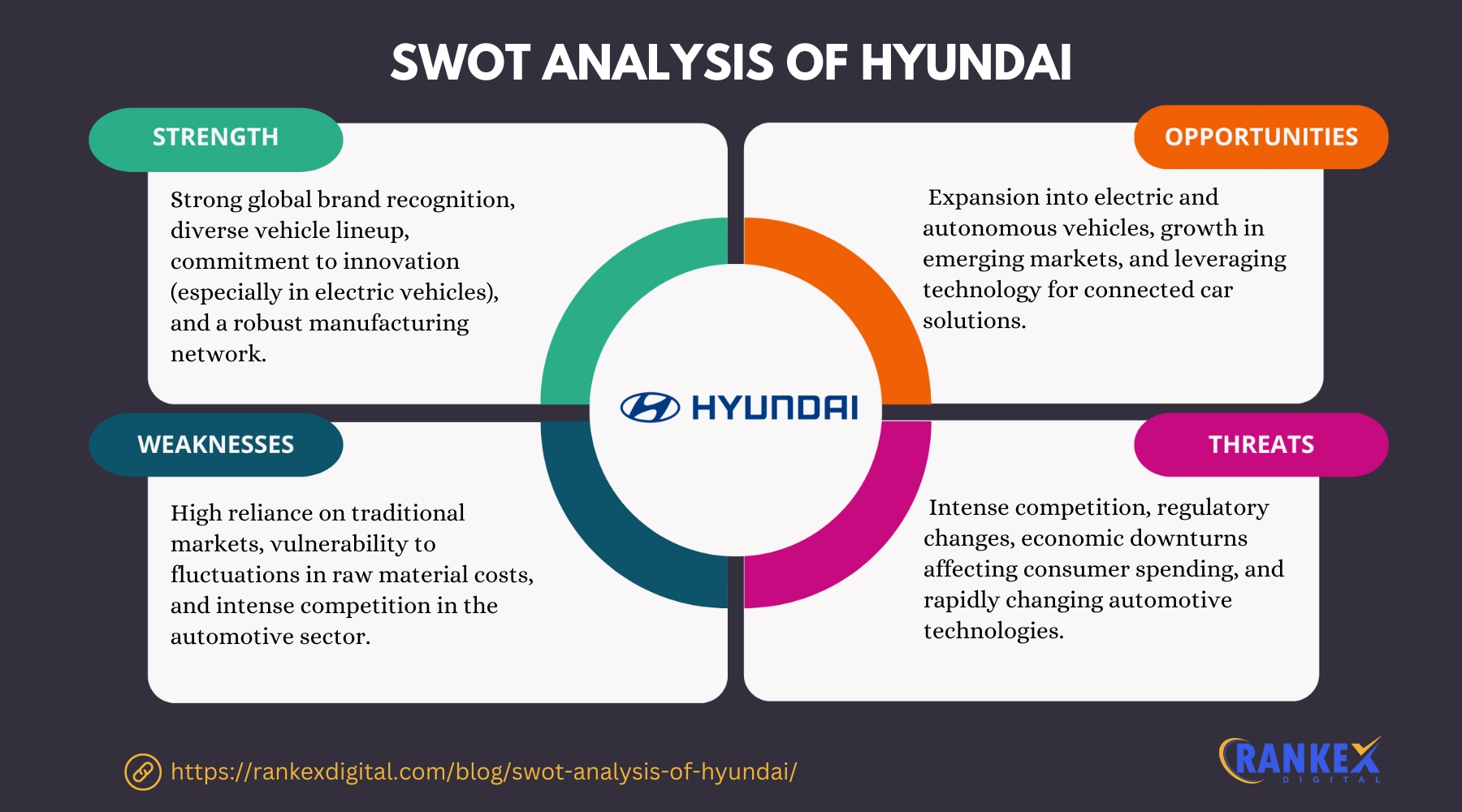
Strengths of Hyundai
- Strong Global Brand
Hyundai enjoys robust brand recognition across global markets, thanks to its quality vehicles and reliable after-sales service. The brand is known for delivering value, performance, and style, which resonates with a wide range of customers. - Diverse Product Portfolio
Hyundai offers a wide variety of vehicles, including sedans, SUVs, electric vehicles, and hybrid cars. This diverse portfolio allows the company to cater to different consumer needs, from budget-conscious buyers to environmentally-conscious customers looking for EVs. - Innovation in Electric Vehicles (EVs)
Hyundai is investing heavily in the development of EVs. Its Ioniq range, along with other eco-friendly cars, positions the company as a frontrunner in the transition to electric and sustainable vehicles. - Advanced Technology and Safety Features
Hyundai vehicles are equipped with cutting-edge technology, including advanced driver-assistance systems (ADAS), infotainment features, and safety innovations. This enhances the brand’s appeal to tech-savvy consumers. - Global Manufacturing and Distribution Network
Hyundai’s well-established manufacturing plants and distribution networks across key regions enable it to optimize production and reduce costs. This global network helps it meet demand efficiently, contributing to its competitive edge.
Weaknesses of Hyundai
- Dependence on Global Markets
Although Hyundai has a strong presence in South Korea, it is highly dependent on global markets like the U.S., China, and Europe. Economic fluctuations or regulatory changes in these regions can negatively impact sales. - Limited Market Share in Luxury Segment
Despite Hyundai’s success in mass-market vehicles, it has struggled to establish a strong presence in the luxury segment. The company’s luxury brand, Genesis, is growing but still faces tough competition from established luxury brands like Mercedes-Benz, BMW, and Audi. - Recalls and Quality Issues
In recent years, Hyundai has faced several vehicle recalls due to engine defects and other quality issues. These recalls have hurt the company’s reputation and increased costs associated with repairs and warranties. - Challenges in EV Supply Chain
Hyundai, like other automakers, faces challenges in securing a stable supply of batteries and essential raw materials for its EVs. This could slow down production and delay its expansion in the EV market. - Lack of Significant Presence in Emerging Markets
While Hyundai is expanding in emerging markets, its presence is still relatively small compared to local competitors. It needs to ramp up its operations in regions like India, Africa, and Latin America to capture the growing demand for affordable cars.
Opportunities for Hyundai
- Growth in Electric Vehicle Market
With the global push toward sustainability and the increasing demand for electric vehicles, Hyundai is well-positioned to capitalize on the EV boom. Its investment in battery technology and EV infrastructure will help it tap into the growing eco-conscious consumer base. - Autonomous and Connected Vehicles
Hyundai is exploring opportunities in autonomous driving technology and connected vehicles. Partnerships with tech companies like Apple and investments in R&D could place the company at the forefront of the next-generation automotive industry. - Expansion in Emerging Markets
Hyundai’s focus on expanding in markets like India, Brazil, and Southeast Asia presents significant growth opportunities. Rising disposable incomes and urbanization in these regions will drive demand for both affordable and mid-range vehicles. - Sustainability Initiatives
Hyundai’s commitment to reducing its carbon footprint through sustainable manufacturing practices and eco-friendly vehicles is an opportunity to enhance its brand image and appeal to environmentally-conscious consumers and investors. - Strategic Acquisitions and Partnerships
Hyundai can explore strategic acquisitions and partnerships to expand its capabilities in areas like EV technology, autonomous driving, and digital connectivity. Collaborating with innovative startups could enhance its technological prowess.
Threats to Hyundai
- Intense Competition in Global Automotive Industry
Hyundai faces strong competition from both traditional automakers and new entrants in the EV space, such as Tesla, BYD, and Rivian. Competing with established players and emerging disruptors in EVs, autonomous driving, and connected vehicles could impact its market share. - Economic Uncertainty
Global economic conditions, such as inflation, rising fuel prices, and geopolitical tensions, pose risks to Hyundai’s profitability. Economic slowdowns in key markets like China and the U.S. could lead to reduced consumer spending on automobiles. - Regulatory Challenges
Hyundai faces increasing regulatory scrutiny, especially in areas like emissions standards, safety regulations, and environmental sustainability. Meeting these regulations can be costly and may delay product launches or impact profit margins. - Supply Chain Disruptions
The global supply chain, particularly for semiconductors and battery materials, continues to face disruptions. This could impact Hyundai’s production schedules, leading to delays in vehicle deliveries and potential revenue losses. - Technological Obsolescence
Rapid technological advancements in the automotive industry, including electric and autonomous driving technologies, require continuous innovation. Hyundai risks falling behind competitors if it does not keep up with the fast pace of technological evolution.
Competitors of Hyundai
- Toyota
One of Hyundai’s biggest competitors, Toyota is a global leader in both traditional and hybrid vehicles. The company’s focus on innovation and quality gives it a strong foothold in various markets, including electric vehicles. - Honda
Another major Japanese automaker, Honda, competes with Hyundai in the compact car, SUV, and EV segments. Honda’s strong reputation for reliability and performance makes it a tough competitor for Hyundai. - Ford
Ford has been a key competitor in the global automobile market, especially in the SUV and pickup truck segments. Its aggressive push into electric vehicles through its Ford F-150 Lightning and Mustang Mach-E also poses a threat to Hyundai’s EV ambitions. - Volkswagen
Volkswagen is a formidable competitor, particularly in Europe. The company’s significant investments in EV technology and its diverse range of vehicles, from affordable to luxury, make it a competitor across multiple segments. - Tesla
As a pioneer in the electric vehicle industry, Tesla is a major competitor to Hyundai in the EV space. Tesla’s strong brand loyalty, cutting-edge technology, and charging infrastructure give it a competitive edge in markets where EV adoption is growing.
Wrapping it Up
Hyundai has established itself as a global automotive leader, excelling in product innovation, cost-effective production, and a strong focus on the future of electric vehicles.
However, the company faces significant competition in both the EV and traditional automotive markets.
By focusing on sustainability, autonomous driving technology, and expanding into emerging markets, Hyundai can continue to thrive and beyond.
Addressing its weaknesses and mitigating threats from global competitors will be crucial to sustaining its growth trajectory.
Frequently Asked Questions
1. What are Hyundai’s strengths?
Hyundai’s strengths include its strong global brand, diverse product portfolio, innovation in electric vehicles, advanced technology and safety features, and a well-established global manufacturing and distribution network.
2. What are the key challenges Hyundai facing?
Hyundai’s challenges include dependence on global markets, limited market share in the luxury segment, recalls and quality issues, EV supply chain challenges, and lack of a significant presence in emerging markets.
3. What opportunities lie ahead for Hyundai?
Opportunities for Hyundai include growth in the electric vehicle market, advancements in autonomous and connected vehicles, expansion in emerging markets, sustainability initiatives, and strategic acquisitions or partnerships.
4. Who are Hyundai’s main competitors?
Hyundai’s main competitors are Toyota, Honda, Ford, Volkswagen, and Tesla.
5. How is Hyundai addressing the EV market?
Hyundai is investing heavily in the EV market with the launch of its Ioniq series and other eco-friendly vehicles. The company is also investing in battery technology and EV infrastructure to capture the growing demand for electric vehicles.

